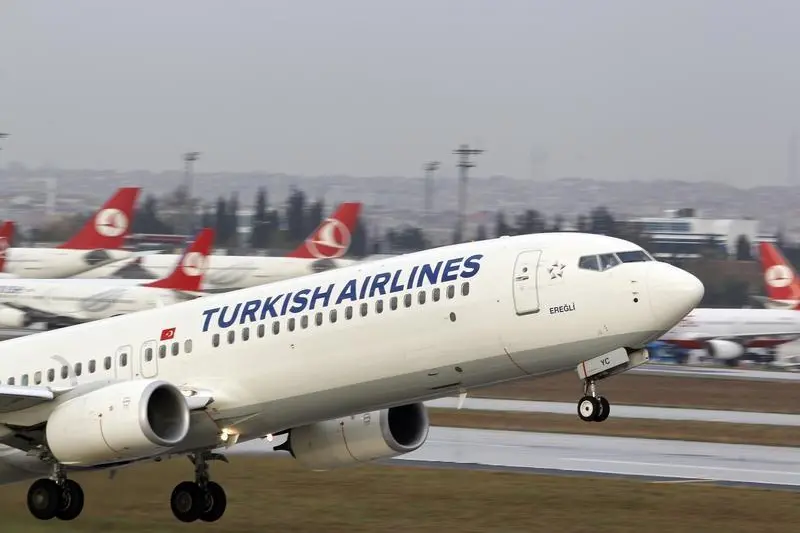PHOTO
Turkish Airlines increased its passenger capacity by 7.7% in the second quarter of 2024, carrying 22.1 million passengers, and recording a profit from main operations of $591 million, despite global geopolitical tensions, bottlenecks in aircraft production, and engine problems.
According to data published by the International Air Transport Association (IATA), while global passenger capacity in the second quarter of 2024 has just reached pre-pandemic levels, our Incorporation exceeded 2019 passenger capacity by 38% as one of the leading airlines in the industry amid intensifying competition.
Through its operations at Europe's largest air cargo facility, Smartist, Turkish Cargo captured a significant share of the accelerated e-commerce growth in the second quarter of this year.
Additionally, it provided a major alternative for shippers who did not want to be affected by the disruptions in the Suez Canal.
As a result, Turkish Cargo increased the amount of cargo carried in the first six months of 2024 by 32% annually and became the third-largest air cargo carrier in the world, as reported by IATA figures.
In the April-June 2024 period, Turkish Airlines’ total revenues rose by 10% year-on-year to $5.7 billion. Accounting for 81% of the total, passenger revenues increased to $4.6 billion driven by contribution from the Far East region and cargo revenues recorded 48% higher annually, reaching $885 million.
Due to the competitive pressure on passenger unit revenues and the adverse effects of global inflation on costs, profit from main operations decreased by 26% to $591 million.
Aiming to expand its fleet to 800 aircraft by 2033 as part of its 100th Anniversary Strategy, Turkish Airlines increased its number of aircraft by 9% in the first half of the year to 458.
Copyright 2024 Al Hilal Publishing and Marketing Group Provided by SyndiGate Media Inc. (Syndigate.info).





















